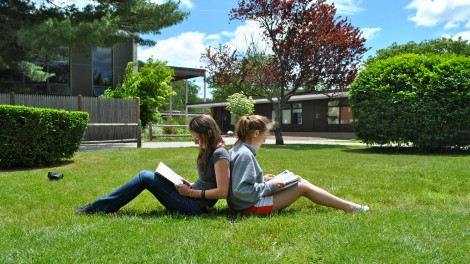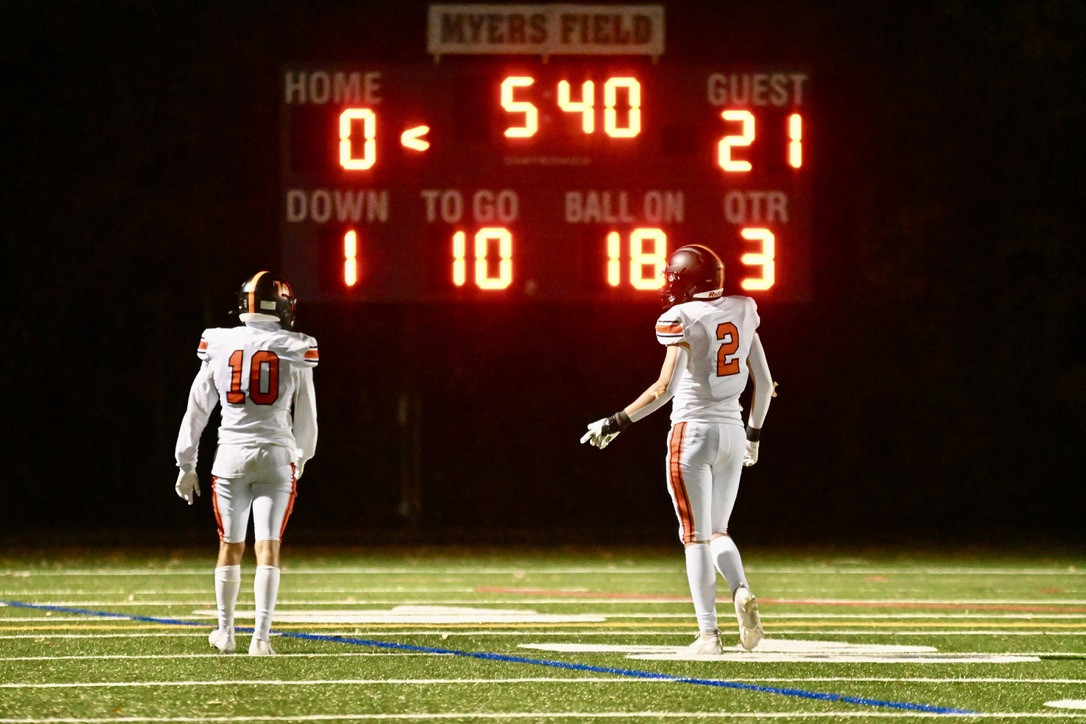
All siblings share genes, many share bedrooms and some even share jeans. In a lot of cases though, sibling rivalries extend beyond who gets the bigger slice of cake or who gets to sit in the front seat of the car.
When it comes to academics and athletics, many younger siblings feel pressure to live up to the standards set by their older brothers or sisters.
With workloads and academic stress increasing as finals approach, students find themselves comparing and competing more than usual.
Students with siblings often feel added pressure to live up to the academic or athletic excellence of their brothers or sisters. This pressure may serve as additional motivation or as an anxiety-inducing hindrance.
“I feel like I have to live up to my brother and it’s really hard,” said freshman Anna Lifland.
Lifland’s brother, Seth, was the class of 2011 valedictorian. Despite Anna’s own high level of academic achievement, she can’t help but compare her achievements to her brother’s.
One British study reported that last-born siblings are more likely to experience academic sibling rivalry than are first-born siblings.
For freshman Roby Williams, the competition between him and his brother Calvin has had a positive effect on his school work. Rather than allowing this rivalry to cause stress, Roby uses it as further motivation.
This behavior is consistent with a study done by the University of Cambridge’s Centre for Family Research, which noted that academic rivalry can lead to enhanced performance.
“I’m naturally competitive with my brother, and I’m pressured by myself,” said Roby Williams.
Junior Katie Terranova feels similarly to Williams.
In her experience, the academic comparison between her and her younger sister, Julia, has also been positive. As an older sibling, Katie Terranova doesn’t feel that the competition is pressuring her younger sister or causing any serious rivalry between the two of them.
“I don’t think it’s real rivalry, but sometimes she’ll do better or I’ll do better. It’s kind of fun to compare, actually, to see how we’re different,” said Katie Terranova.
Dr. Sylvia Rimm, a professor of clinical psychology in Cleveland, Ohio gives advice on how to cope with the effects of academic sibling competition.
She urges siblings to try to build positive and cooperative relationships in order for each to help the other, academically and otherwise. Siblings should recognize their own strengths and not focus excessively on those of their siblings.
“Doing the best you can is more important than being best,” wrote Rimm. “Learn to enjoy your experience and improvement without continually comparing yourself to your siblings.”
































mytonguesinmycheek! • Jun 16, 2011 at 8:40 PM
wow thats shocking that last-born siblings are more likely to experience academic sibling rivalry than are first-born siblings!